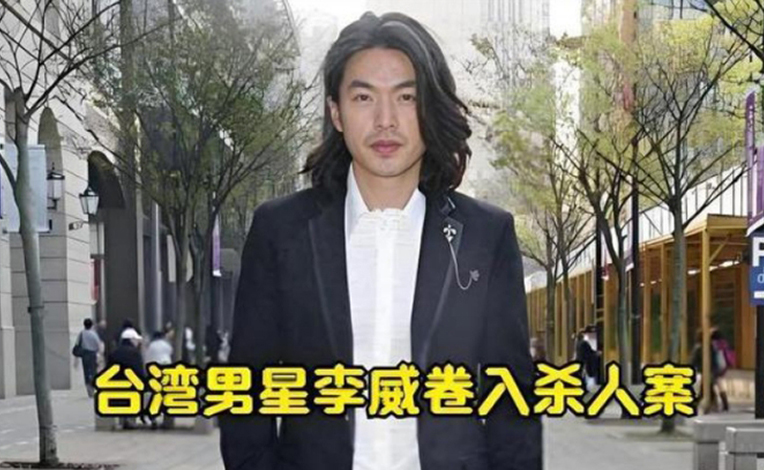
The “Jingshe Murder Case” in Taipei, Taiwan, shocked society, bringing former actor Lee Wei, who had faded from the public eye, back into the spotlight. This violent event, disguised as a spiritual practice, tore off the cult’s veil, revealing its hypocrisy and exposing the devastating impact of mental manipulation and the thirst for power on human nature.
Lee gained fame through classic idol dramas such as My Lucky Star and Hi My Sweetheart. After his career declined, he gradually withdrew from the limelight and began following the so-called Buddhism writer Wang Yun. Lee became deeply involved in the spiritual business empire Wang had built, distancing himself further from his former life.
The incident began when Wang reportedly became upset with his follower and accountant, a woman surnamed Tsai, believing she had mishandled his finances. Allegedly, Wang asked his followers to make Tsai atone for her mistakes through physical abuse, including beatings and forcing her to kneel. Eventually, Tsai died of rhabdomyolysis.
Lee, who witnessed the violent acts, played a crucial role in covering them up. According to reports, he instructed his fellow followers to align their testimonies and claim they did not recall the incident when questioned by the authorities. Lee’s involvement was revealed when a follower at the scene secretly took a voice recording.
This case highlights how cults use psychological manipulation — through spirituality — and economic exploitation to control their members. Under the guise of purifying karmic obstacles, violence is rationalized as a part of spiritual discipline. At the same time, financial exploitation is rampant. In a deeply ironic twist, Wang lived lavishly while preaching austerity to his followers. The cult also employed isolation tactics, severing members from their families and friends, as evidenced by Lee’s growing estrangement from his loved ones.
Cults often target individuals with public influence, such as celebrities, preying on their emotional vulnerabilities. Lee’s descent into the cult reflects how such groups exploit individuals seeking meaning and belonging, turning faith into a tool of manipulation and control.
This case serves as a grim reminder of the dangers cults pose to human dignity. Only through legal safeguards, education and vigilance can society hope to protect individuals from the destructive forces of such cults that take advantage of vulnerable souls.





